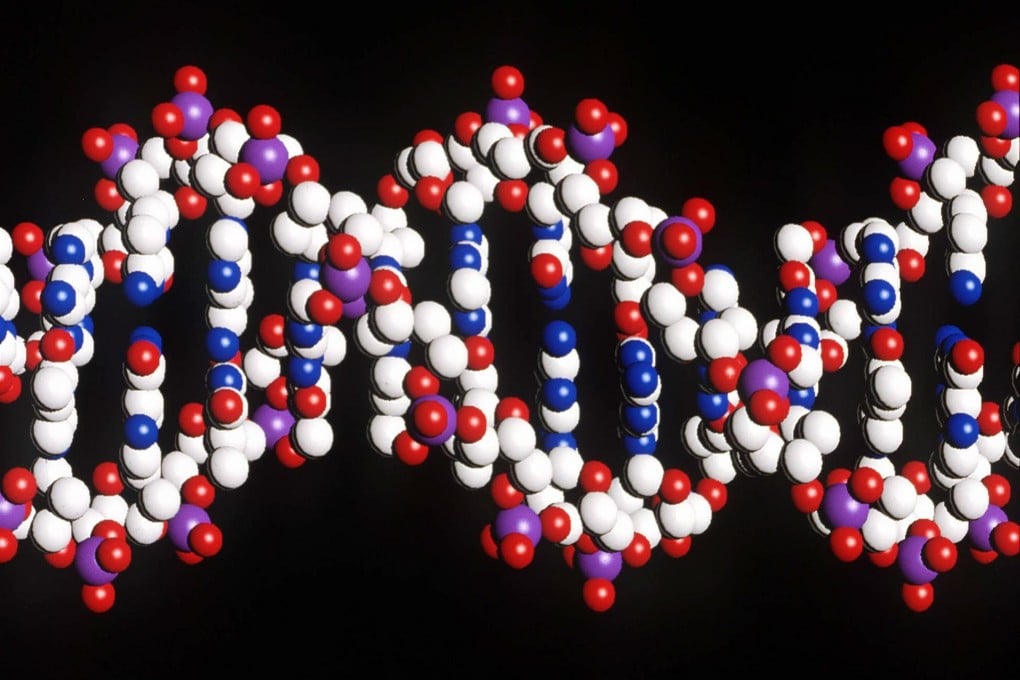Genome sequencing offers glimpse of tipping point for age-related diseases
The arrival of fast and relatively inexpensive genome sequencing is likely to open whole new avenues for diagnosing and treating diseases. But in a new study, scientists show that it can also reveal how some age-related diseases establish a foothold in the human body.

The arrival of fast and relatively inexpensive genome sequencing is likely to open whole new avenues for diagnosing and treating diseases. But in a new study, scientists show that it can also reveal how some age-related diseases - from diabetes to neurodegenerative disorders such as Parkinson's disease and dementia - establish a foothold in the human body, and in doing so, point the way to preventing such diseases.

The researchers conducted detailed mitochondrial DNA scans of 1,095 healthy humans from 14 distinct populations across the globe, and found that at least one in five healthy humans carries at least one disease-related mutation in their mitochondrial DNA - a condition called heteroplasmy. And 90 per cent have mitochondrial DNA mutation of some sort.
Yet they were all still healthy.
Mitochondrial DNA contains 37 genes - a tiny fraction of the estimated 20,000 to 25,000 total genes in the human genome. But a fault in any one of those mitochondrial genes - whether inherited or the result of spontaneous mutation - can wreak havoc with cells across the body. Diseases linked to defects in mitochondrial DNA can cause a wide range of debilitating and deadly conditions, affecting growth, development and the proper function of the muscles, brain and metabolism.
But the point at which heteroplasmy in mitochondrial DNA results in observable disease is unknown. Scientists have suspected that the severity of mitochondrial diseases is a function of the percentage of mitochondria that carry mutated DNA. And they have observed that older people, and people who are clearly sick with ageing diseases such as cancer, heart disease and diabetes, tend to have many more such mutations than younger, healthier folk.
